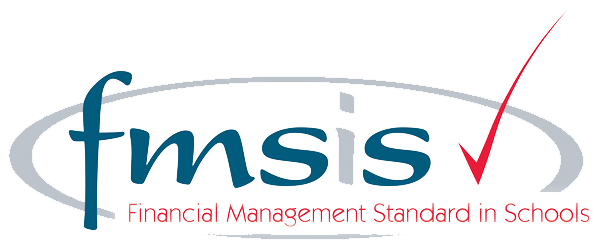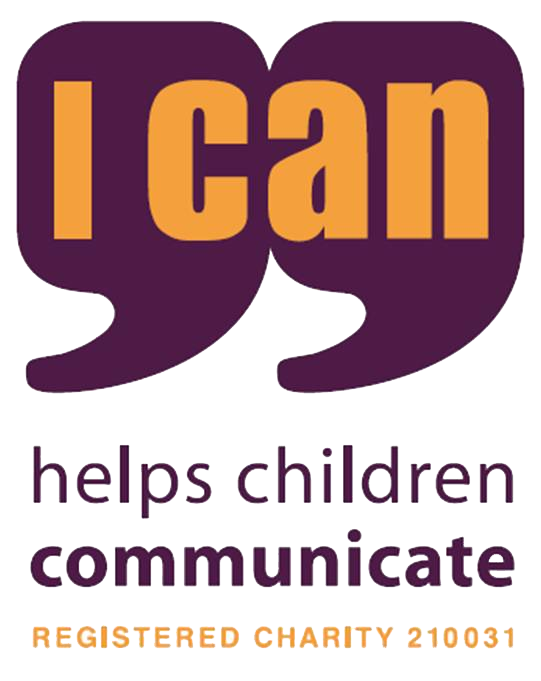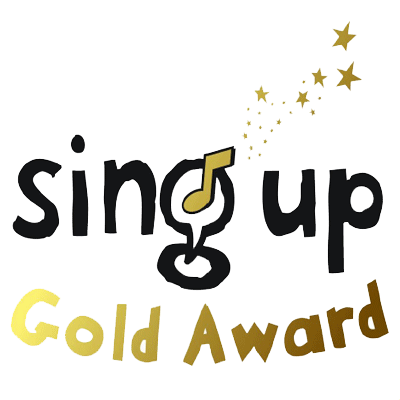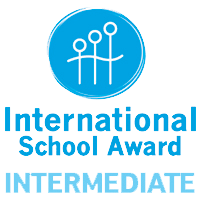Writing
Our intent is for every child to write for pleasure and to be equipped with the skills to write fluently, accurately, creatively and with the ability to adapt their language and style for a range of contexts.
Implementation
We aim to encourage pupils to produce well-structured, detailed writing in a range of genres, where the meaning is made clear and which engages the interest of the audience and reader. Across the school, our writing opportunities are developed through the core texts within each year group. Our curriculum provides opportunities for all pupils to explore high-quality texts in depth, enhancing comprehension and providing meaningful contexts and purposes for writing. They have opportunities to write at length, in extended, independent writing sessions at the end of a unit of work – applying their taught skills to an unsupported piece of writing.
The teaching of writing often follows this format:
- Immersion in a genre, including: Talk for Writing, role play, class discussion, paired discussion, sentence construction, punctuation and grammar work related to the genre, development of working walls, teacher modelling, text marking of modelled texts in the same genre as the one to be written and short pieces of writing.
- Planning – this is very much a supported activity involving writing frames and differentiated success criteria.
- Writing- this can be both independent (with the aid of writing frames and success criteria) or supported (frequent teacher modelling, shared writing, or guided writing.)
- Proof-reading and evaluating own work. Often, the pupils proof-read with a partner and evaluate it together.
- Peer marking – marked by another child against the success criteria, stating what they have particularly liked about the piece of writing and what they feel could be developed further. Sometimes, the pupils work in pairs whereby they look with a partner at their own piece of writing and then at their partner’s.
- Teacher marking- teachers mark writing ‘on the run’ and use green and pink highlighters to guide pupils of ‘what went well’ and ‘even better if’.
- Editing and ‘green pen’ opportunities- pupils working on the comments which have been highlighted by the teacher or their peer in their books.
- Publishing- pupils publish final written pieces, either by hand or through word processing. These are often collected into a class book and celebrated in assemblies or put on display.
- Upper Key Stage 2 pupils sometimes produce first and then second drafts when they have had time to consider how they might be able to change it for the better.
- Performance and presentation of their writing might take place at any of these stages listed above. We try hard to make sure there is a real purpose and audience for their writing.
- On occasions, pupils have a ‘Cold Write’ – they plan and write an unseen piece in the same genre. They also write their own success criteria.
- Pupils are widely encouraged to write in other areas of the curriculum, applying what they have learnt in English.
- Opportunities to write for pleasure include morning writing activities, homework projects and writing competitions both in school and nationally.
Grammar
At Chalkhill, we understand the importance of grammar and recognise that it gives the pupils more conscious control and choice in the way they speak and how they write. Grammar lessons are taught throughout the week either in guided reading sessions or at the beginning of English lessons, where they are relevant to the genre being worked on. Discrete sessions allow for opportunities to identify, practice and consolidate grammatical understanding through a range grammar tasks. It is class teachers' expectations that, following the sequence of lessons to form building blocks to a piece of writing, pupils will begin to independently apply the grammar skills and content taught and embed these within their writing.
Spelling
Spelling, appropriate to ability and age expectation, is regularly in line with statutory guidance as outlined in the National Curriculum English Appendix 1 - Spelling. The children are taught a range of strategies to enable them to spell words correctly and are encouraged to apply these strategies to their independent writing. Class teachers uses the school’s English Progression Document and the resources from ‘No Nonsense Spelling’ to support with the teaching. This can then often be used as homework for children where applicable. Spellings are sent home in each year group as part of the children’s homework; the pupils are then tested on these words in their weekly spelling tests.
Handwriting
At Chalkhill, the importance of pupils being able to write legibly, fluently and at a reasonable speed is recognised. With these skills, children have a much greater chance of being able to reach and demonstrate their true potential throughout their school careers and in their lives beyond school.
To ensure a consistent approach, the school follows the Nelson Handwriting Scheme and children are explicitly taught the skill of handwriting 2-3 times a week. In the EYFS, great emphasis is placed on developing children’s gross and fine motor skills so that they are ready for writing. Letter formation is taught in small groups during free flow activities; EYFS and KS1 pupils also have access to interactive videos and Nelson workbooks to record and practise their handwriting, whereas pupils in KS2 practise handwriting directly into handwriting books with the support of text books. Across the school, handwriting is carefully modelled by the teachers and support staff. The use of patterns to support letter formation and appropriate letter-joins is also embedded enabling children to further develop their fine motor skills. High expectations are also communicated as part the success criteria for the lesson. Successes and improvements are recognised through displayed work and through the award of a pen licence. A high standard of presentation is encouraged and expected in children’s written work across the curriculum.
Impact in Writing
- Children enjoy the variety of writing opportunities that they are given. They talk positively about writing in role, or writing about their own experiences.
- Children are able to link their writing to the core text. They understand the world that their story is set in and are able to write confidently as a result of this.
- Due to the variety of educational visits offered, children have many opportunities to recount their experiences in writing, whether it be a recount or diary entry.
- Children write for real life purposes too such as for the school newsletter or an election speech to be voted onto the school council. They can express their opinions clearly and use appropriate vocabulary.
- Last academic year 75% of KS1 children achieved expected standard and 25% achieved greater depth in writing
- Last academic year 79% of KS2 children achieved expected standard in writing.








